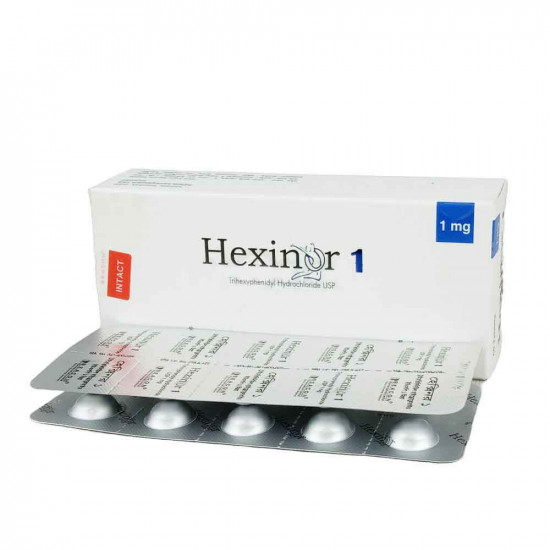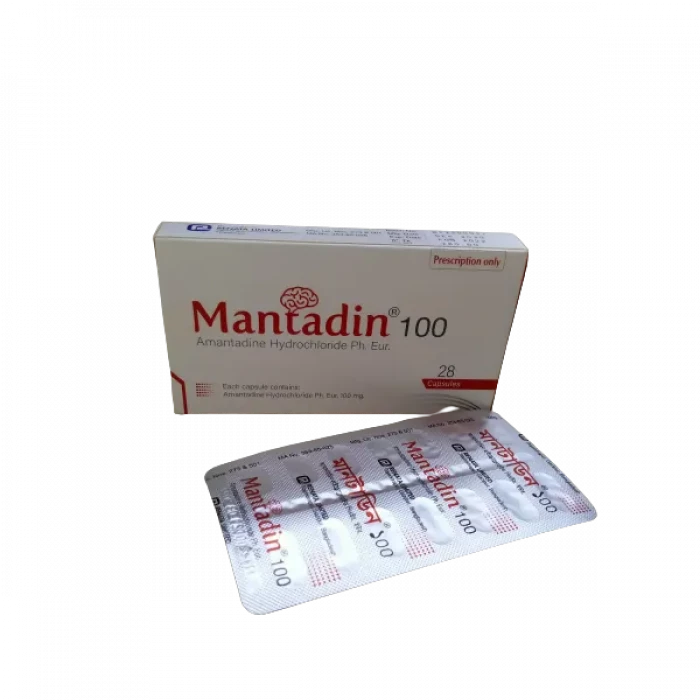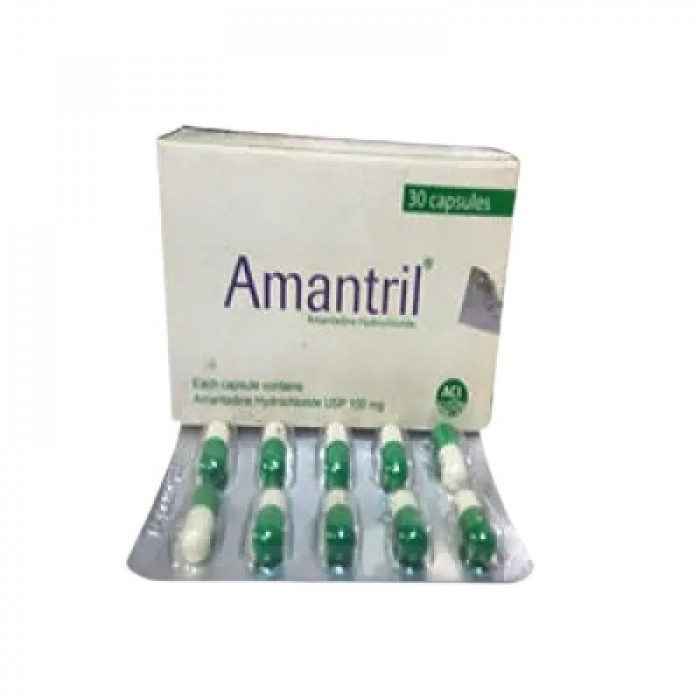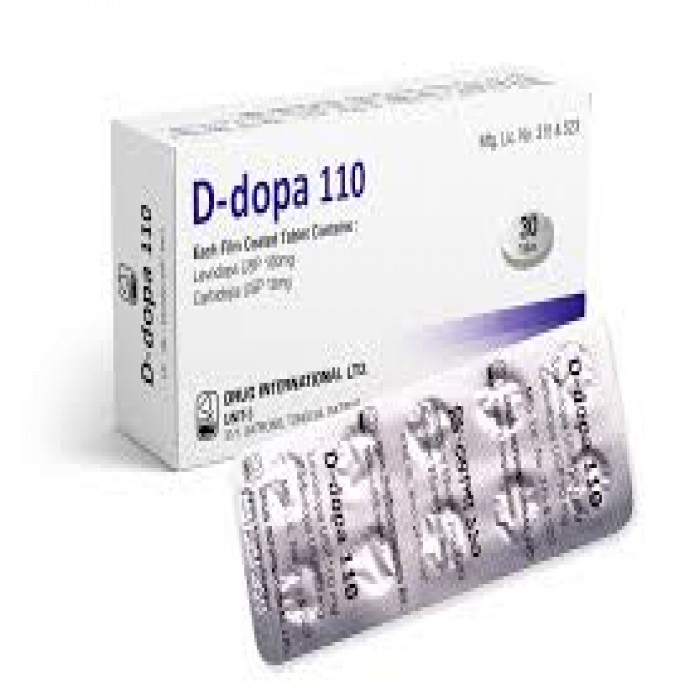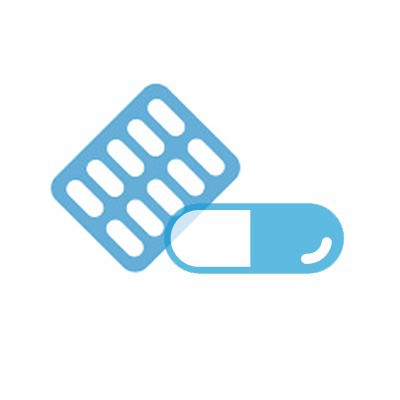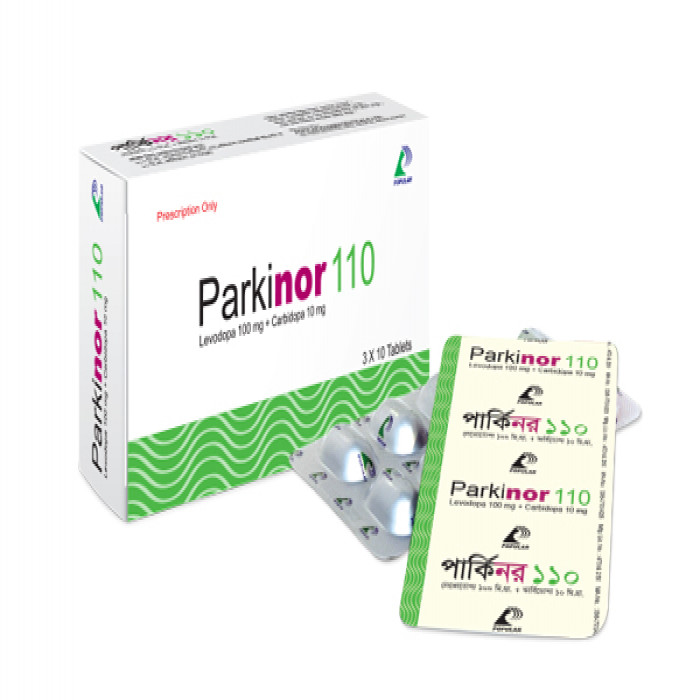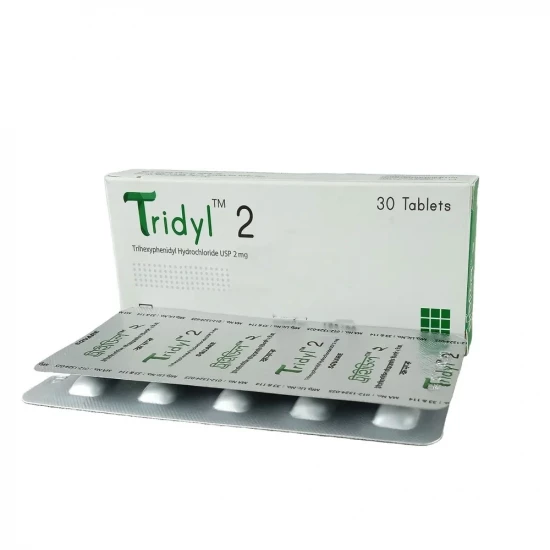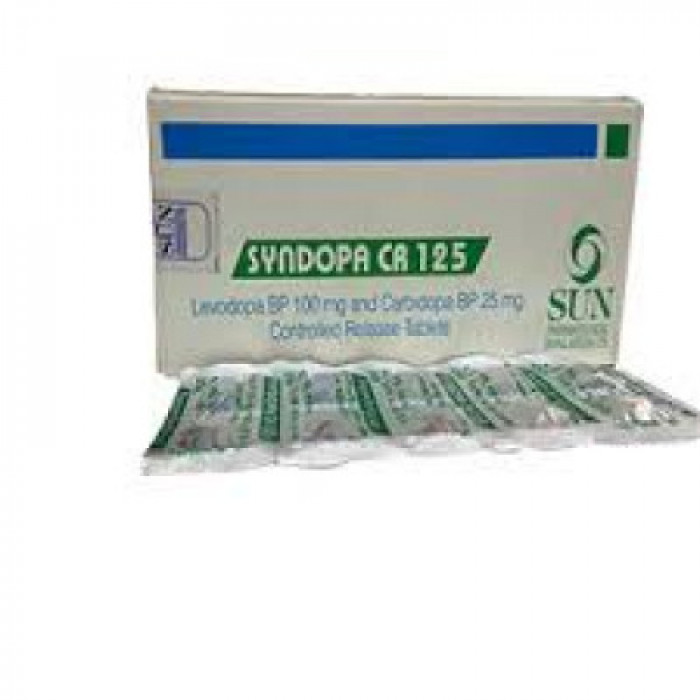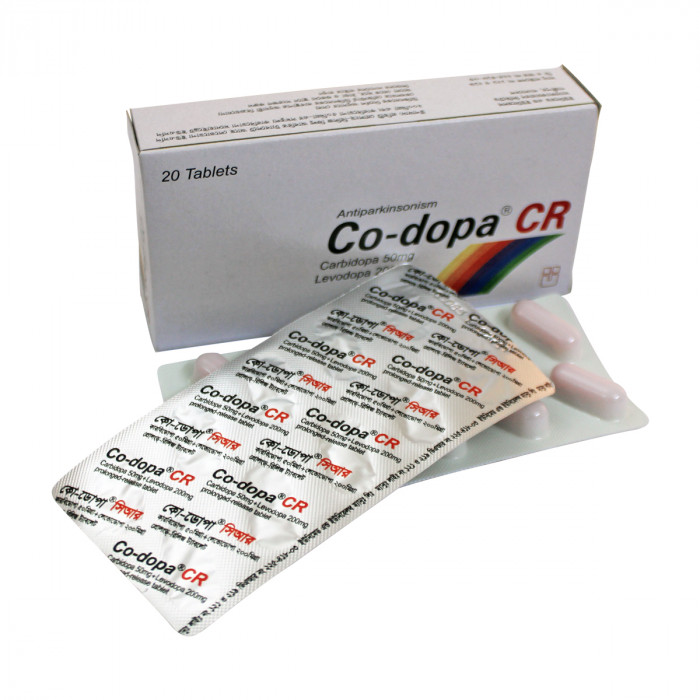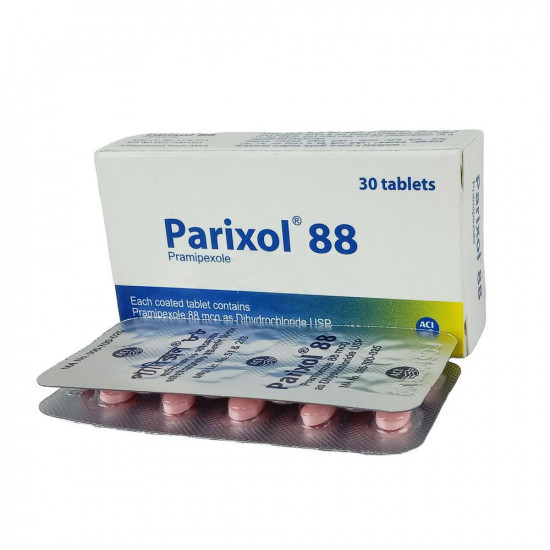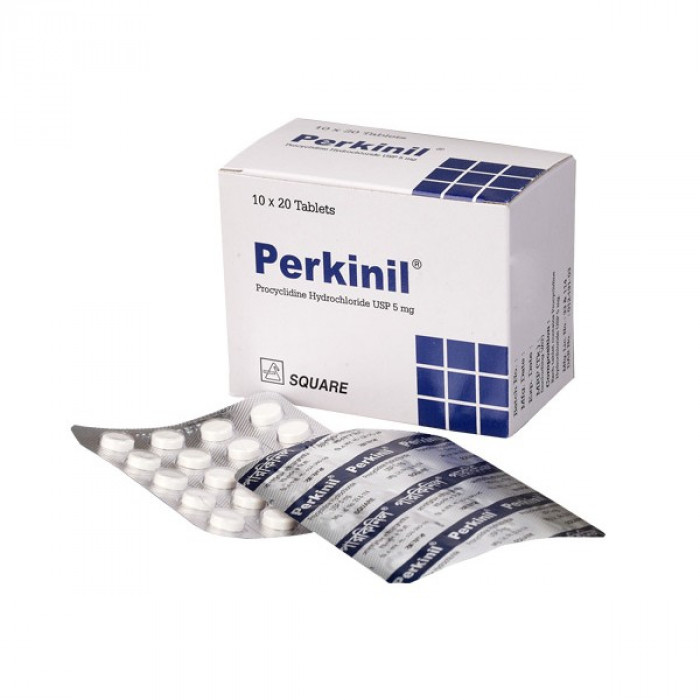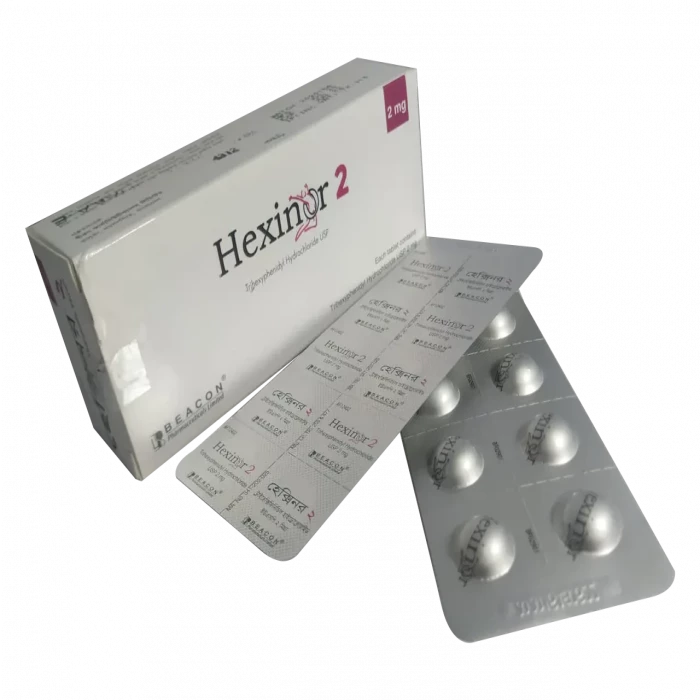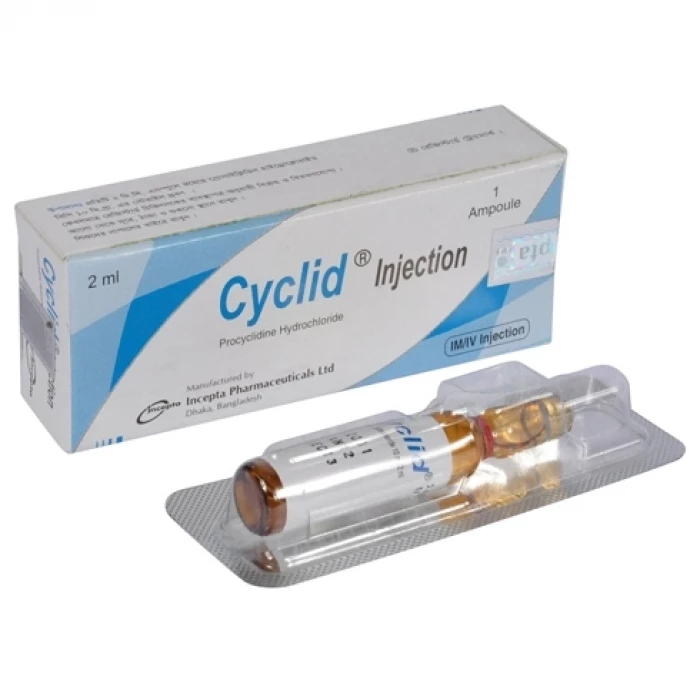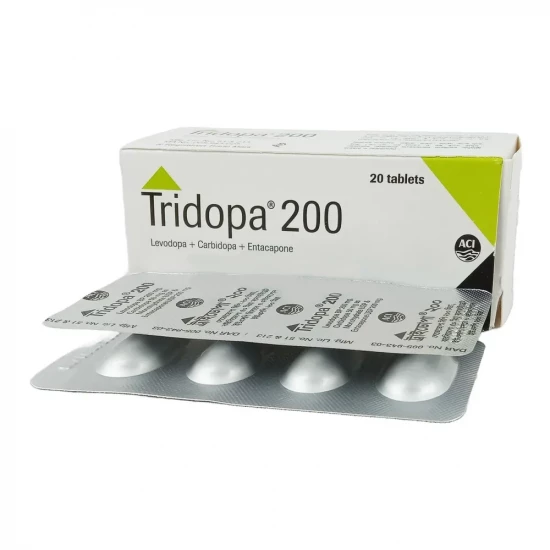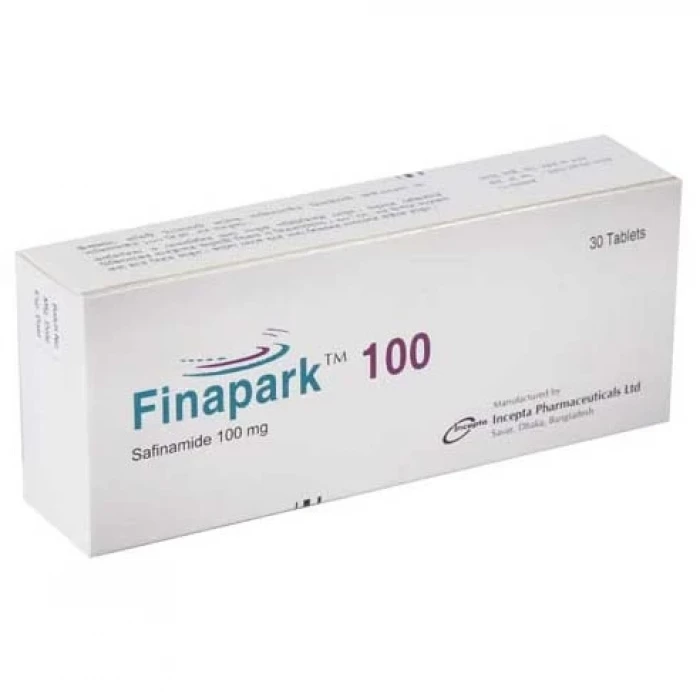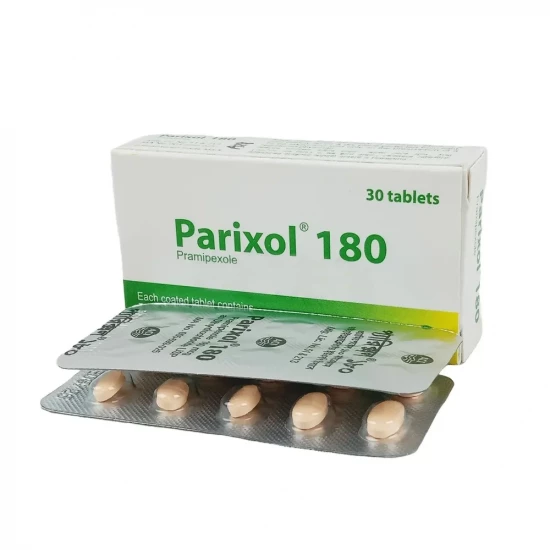
✔ 100% Authentic Product
👁️ Currently Viewing 2127
Levodopa 100mg + Carbidopa 25mg + Entacaopne 200mg
Unimed Unihealth Pharmaceuticals Ltd.
Discount
Price: ৳ 235
MRP:
৳
250
6%
Off

100% Genuine Products, Guaranteed

Safe & Secure Payments, Always

Fast, Secure & Efficient Delivery

Proper Packaging
 Cash on Delivery - All over Bangladesh
Cash on Delivery - All over Bangladesh Regular Delivery - 12-24 Hours, Dhaka City* Charge Tk.39-59
Regular Delivery - 12-24 Hours, Dhaka City* Charge Tk.39-59 Regular Delivery - 24-48 Hours, Other Cities* Charge Tk.99-110
Regular Delivery - 24-48 Hours, Other Cities* Charge Tk.99-110
 ফ্রি ডেলিভারিঃ - ৯৯৯ টাকা+ অর্ডারে, ঢাকা
শহরে
ফ্রি ডেলিভারিঃ - ৯৯৯ টাকা+ অর্ডারে, ঢাকা
শহরে ফ্রি ডেলিভারিঃ - ২৯৯৯ টাকা+ অর্ডারে, ঢাকার
বাহিরে
ফ্রি ডেলিভারিঃ - ২৯৯৯ টাকা+ অর্ডারে, ঢাকার
বাহিরে
100% Genuine Products, Guaranteed
Safe & Secure Payments, Always
Fast, Secure & Efficient Delivery
Proper Packaging
 Cash on Delivery - All over Bangladesh
Cash on Delivery - All over Bangladesh Regular Delivery - 12-24 Hours, Dhaka City* Charge Tk.39-59
Regular Delivery - 12-24 Hours, Dhaka City* Charge Tk.39-59 Regular Delivery - 24-48 Hours, Other Cities* Charge Tk.99-110
Regular Delivery - 24-48 Hours, Other Cities* Charge Tk.99-110 ফ্রি ডেলিভারিঃ - ৯৯৯ টাকা+ অর্ডারে, ঢাকা
শহরে
ফ্রি ডেলিভারিঃ - ৯৯৯ টাকা+ অর্ডারে, ঢাকা
শহরে ফ্রি ডেলিভারিঃ - ২৯৯৯ টাকা+ অর্ডারে, ঢাকার
বাহিরে
ফ্রি ডেলিভারিঃ - ২৯৯৯ টাকা+ অর্ডারে, ঢাকার
বাহিরে
✅ Description:
Indications
Idiopathic Parkinson's disease, with the goal of reducing off-period in patients who have previously been treated with levodopa/decarboxylase inhibitors or just levodopa and have exhibited motor fluctuations.
Pharmacology
The metabolic precursor of dopamine, levodopa, passes the blood-brain barrier and is transformed into the neurotransmitter dopamine in the brain. Carbidopa is a dopa decarboxylase (DDC) inhibitor that slows the conversion of Levodopa to dopamine in the peripheral nervous system, allowing more Levodopa to reach the brain.
Dosage & Administration
Patients currently treated with conventional levodopa/decarboxylase inhibitor combinations: Dosage with Levodopa-Carbidopa prolonged-release tablet should be substituted initially at an amount that provides no more than approximately 10% more levodopa per day when higher dosages are given (more than 900 mg per day). The dosing interval between doses should be prolonged by 30 to 50% at intervals ranging from 4 to 12 hours. It is recommended to give the smaller dose, if divided doses are not equal, at the end of the day. The dose needs to be titrated further depending on clinical response, as indicated below under 'Titration'. Dosages that provide up to 30% more levodopa per day may be necessary. A guide for the substitution of Levodopa Carbidopa prolonged-release tablet treatment for conventional levodopa/decarboxylase inhibitor combinations is shown in the table below:
Guideline for conversion from conventional Levodopa/Carbidopa tablet to Levodopa-Carbidopa prolonged-release tablet:
Conventional tablet: Daily Dosage of Levodopa 300-400 mg
Controlled Release tablet: Daily Dosage of Levodopa 400 mg. Dosage Regimen: 1 tablet 2x daily.
Conventional tablet: Daily Dosage of Levodopa 500-600 mg
Controlled Release tablet: Daily Dosage of Levodopa 600 mg. Dosage Regimen: 1 tablet 3x daily.
Conventional tablet: Daily Dosage of Levodopa 700-800 mg
Controlled Release tablet: Daily Dosage of Levodopa 800 mg. Dosage Regimen: 4 tablets in 3 or 4 divided doses.
Conventional tablet: Daily Dosage of Levodopa 900-1000 mg
Controlled Release tablet: Daily Dosage of Levodopa 1000 mg. Dosage Regimen: 5 tablets in 3 or more divided doses.
Conventional tablet: Daily Dosage of Levodopa 1100-1200 mg
Controlled Release tablet: Daily Dosage of Levodopa 1200 mg. Dosage Regimen: 6 tablets in 3 or more divided doses.
Conventional tablet: Daily Dosage of Levodopa 1300-1400 mg
Controlled Release tablet: Daily Dosage of Levodopa 1400 mg. Dosage Regimen: 7 tablets in 3 or more divided doses.
Conventional tablet: Daily Dosage of Levodopa 1500-1600 mg
Controlled Release tablet: Daily Dosage of Levodopa 1600 mg. Dosage Regimen: 8 tablets in 3 or more divided doses.
Patients currently treated with levodopa alone: Levodopa must be discontinued at least eight hours before therapy with this CR tablet is started. In patients with mild to moderate disease, the initial recommended dose is one tablet of this CR tablet twice daily.
Patients not receiving levodopa: In patients with mild to moderate disease, the initial recommended dose is one tablet of this CR tablet twice daily. Initial dosages should not exceed 600 mg per day of levodopa, nor be given at intervals of less than six hours.
Titration: Following initiation of therapy, doses and dosing intervals may be increased or decreased, depending upon therapeutic response. Most patients have been adequately treated with two to eight tablets per day of this CR tablet administered as divided doses at intervals ranging from four to twelve hours during the waking day. Higher doses (up to 12 tablets) and shorter intervals (less than four hours) have been used, but are not usually recommended. When doses of this CR tablet are given at intervals of less than four hours, or if the divided doses are not equal, it is recommended that the smaller doses be given at the end of the day. In some patients the onset of effect of the first morning dose may be delayed for up to one hour compared with the response usually obtained from the first morning dose of conventional levodopa-carbidopa tablet. An interval of at least three days between dosage adjustments is recommended.
Maintenance: Because Parkinson’s disease is progressive, periodic clinical evaluations are recommended and adjustment of the dosage regimen of this CR tablet may be required.
Addition of other antiparkinson medication: Anticholinergic agents, dopamine agonists, and amantadine can be given with this CR tablet. Dosage adjustment of this CR tablet may be necessary when these agents are added to an existing treatment regimen for this CR tablet.
Interruption of therapy: Patients should be observed carefully if abrupt reduction or discontinuation of this CR tablet is required, especially if the patient is receiving antipsychotics.
Interaction
Take care when giving the following levodopa carbidopa sustained-release medications and tablets at the same time.
Antihypertensive Drugs: Symptomatic orthostatic hypotension occurs when the combination of levodopa/decarboxylase inhibitor is added to patients receiving certain antihypertensive drugs. Therefore, when initiating treatment with levodopa-carbidopa prolonged-release tablets, the dose of antihypertensive drugs may need to be adjusted.
Antidepressants: There are rare reports of adverse reactions, including hypertension and dyskinesia, that are caused by the simultaneous use of tricyclic antidepressants and carbidopa and levodopa preparations.
Anticholinergics: Anticholinergics can affect absorption and therefore affect patient response.
Iron: Studies have shown that the bioavailability of carbidopa and/or levodopa is reduced when taken with ferrous sulfate or ferrous gluconate.
Other drugs: Dopamine D2 receptor antagonists (such as phenothiazine, butyryl benzene, and risperidone) and isoniazid may reduce the therapeutic effect of levodopa. According to reports, phenytoin, and papaverine can reverse the beneficial effects of levodopa on Parkinson's disease. Patients taking these drugs and levodopa-carbidopa sustained-release tablets should carefully observe the loss of treatment response. The combination of selegiline and carbidopa and levodopa may be associated with severe orthostatic hypotension, which cannot be attributed to carbidopa and levodopa alone. As levodopa competes with certain amino acids, certain patients on a high-protein diet can affect the absorption of levodopa. The effect of simultaneous administration of antacids and sustained-release tablets of levodopa carbidopa on the bioavailability of levodopa has not yet been studied.
Contraindications
When sympathomimetic amine drugs are prohibited, levodopa carbidopa sustained-release tablets should not be used. Non-selective monoamine oxidase (MAO) inhibitors are contraindicated in levodopa carbidopa sustained-release tablets. These inhibitors should be discontinued at least two weeks before starting treatment with levodopa and carbidopa sustained-release tablets. Levodopa carbidopa sustained-release tablets can be administered at the same time as the manufacturer's recommended dose of type B MAO selective MAO inhibitors (such as selegiline hydrochloride). Levodopa sustained-release tablets are contraindicated in patients who are known to be allergic to any component of the drug and patients with narrow-angle glaucoma. Since levodopa can activate malignant melanoma, levodopa carbidopa sustained-release tablets should not be used in patients with suspicious undiagnosed skin lesions or a history of melanoma.
Side Effects
The most frequently reported adverse reaction is dyskinesia (an abnormal involuntary movement). Compared with levodopa carbidopa tablets, levodopa carbidopa sustained-release tablets have a higher incidence of dyskinesias. Other side effects: nausea, hallucinations, confusion, dizziness, chorea, dry mouth, sleep disorders, dystonia, insomnia, depression, weakness, vomiting, anorexia, chest pain, palpitations, constipation, diarrhea, indigestion, gastrointestinal pain, Darkening of saliva, angioedema, urticaria, itching, weight loss, antipsychotic malignant syndrome, agitation, anxiety, decreased mental acuity, paresthesia, disorientation, fatigue, headache, extrapyramidal and movement disorders, falls , Abnormal gait, muscle cramps, switching phenomena, increased libido, psychotic attacks, dyspnea, flushing, hair loss, rash, black sweats, blurred vision, dark urine, irregular heartbeat, high blood pressure, phlebitis, bitterness, high blood pressure , Dysphagia, bruxism, hiccups, gastrointestinal bleeding, flatulence, tongue burning, duodenal ulcer development, leukopenia, hemolytic and non-hemolytic anemia, thrombocytopenia, no granulocyte proliferation.
Pregnancy & Lactation
There are inadequate data to assess the substance's potential for damage when taken in human pregnancy. Carbidopa is not known to be excreted in human milk. The excretion of levodopa in breast milk was described in a study of one nursing woman with Parkinson's disease. The prolonged-release tablet of levodopa-carbidopa should not be given to pregnant or nursing women.
Precautions & Warnings
When a patient receives levodopa monotherapy, levodopa should be stopped at least 8 hours before starting treatment with levodopa and carbidopa sustained-release tablets (if you have taken sustained-release levodopa, you should stop at least Medicine for 12 hours). Patients previously treated with levodopa alone may experience dyskinesias, because carbidopa allows more levodopa to reach the brain, thereby forming more dopamine. The development of dyskinesia may require dose reduction. Levodopa and carbidopa sustained-release tablets are not recommended for the treatment of drug-induced extrapyramidal reactions or the treatment of Huntington's disease. According to the pharmacokinetic characteristics of levodopa carbidopa sustained-release tablets, the onset of action in patients with morning dyskinesia may be slower than that of conventional levodopa carbidopa tablets. In advanced patients with fluctuations of movement, the incidence of dyskinesia during treatment with levodopa-carbidopa sustained-release tablets was slightly higher than with conventional levodopa carbidopa tablets (16.5% vs 12.2%). Levodopa and carbidopa sustained-release tablets should be used with caution in patients with severe cardiovascular or pulmonary disease, bronchial asthma, kidney, liver, or endocrine disease, or a history of peptic ulcer or seizures. Patients with a recent history of myocardial infarction and residual atrial, nodular, or ventricular arrhythmia should exercise caution when taking sustained-release levodopa and carbidopa tablets. In these patients, special care should be taken to monitor cardiac function during initial dosing and titration. Levodopa is associated with sudden lethargy and sleepiness. Suddenly falling asleep during daily activities, in some cases without awareness or warning signs, is rarely reported. The patient should be informed of this and advised to exercise caution when driving or operating machinery during treatment with levodopa. Patients who have experienced sudden drowsiness and/or fell asleep should avoid driving or operating machinery. Also, consider reducing the dose or stopping treatment.
Like levodopa, extended-release levodopa carbidopa tablets can cause involuntary movements and mental disorders. Patients with a history of severe involuntary movements or psychotic episodes, when treated with levodopa alone or in combination with levodopa/decarboxylase inhibitors, should be carefully observed when replacing levodopa carbidopa sustained-release tablets. These reactions are believed to be due to the increase in dopamine in the brain after levodopa administration, and the use of levodopa or carbidopa sustained-release tablets may lead to recurrence. The dose may need to be reduced. All patients should be carefully observed for the development of depression accompanied by suicidal tendencies. Patients with mental illness in the past or present should be treated with caution. Impulse control disorders: Patients should be regularly monitored for impulse control disorders. Patients and caregivers should be aware that patients receiving dopamine agonists and/or other dopamine treatments containing levodopa may experience behavioral symptoms of impulse control disorders, including gambling, increased libido, hypersexuality, compulsive consumption or shopping, Binge eating and compulsive eating, including levodopa and carbidopa tablets. If such symptoms occur, it is recommended to review and treat them.
Storage Conditions
Store in a cool and dry place, protected from light.
⚠️Disclaimer:
At ePharma, we’re committed to providing accurate and accessible health information. However, all content is intended for informational purposes only and should not replace medical advice from a qualified physician. Please consult your healthcare provider for personalized guidance. We aim to support, not substitute, the doctor-patient relationship.







